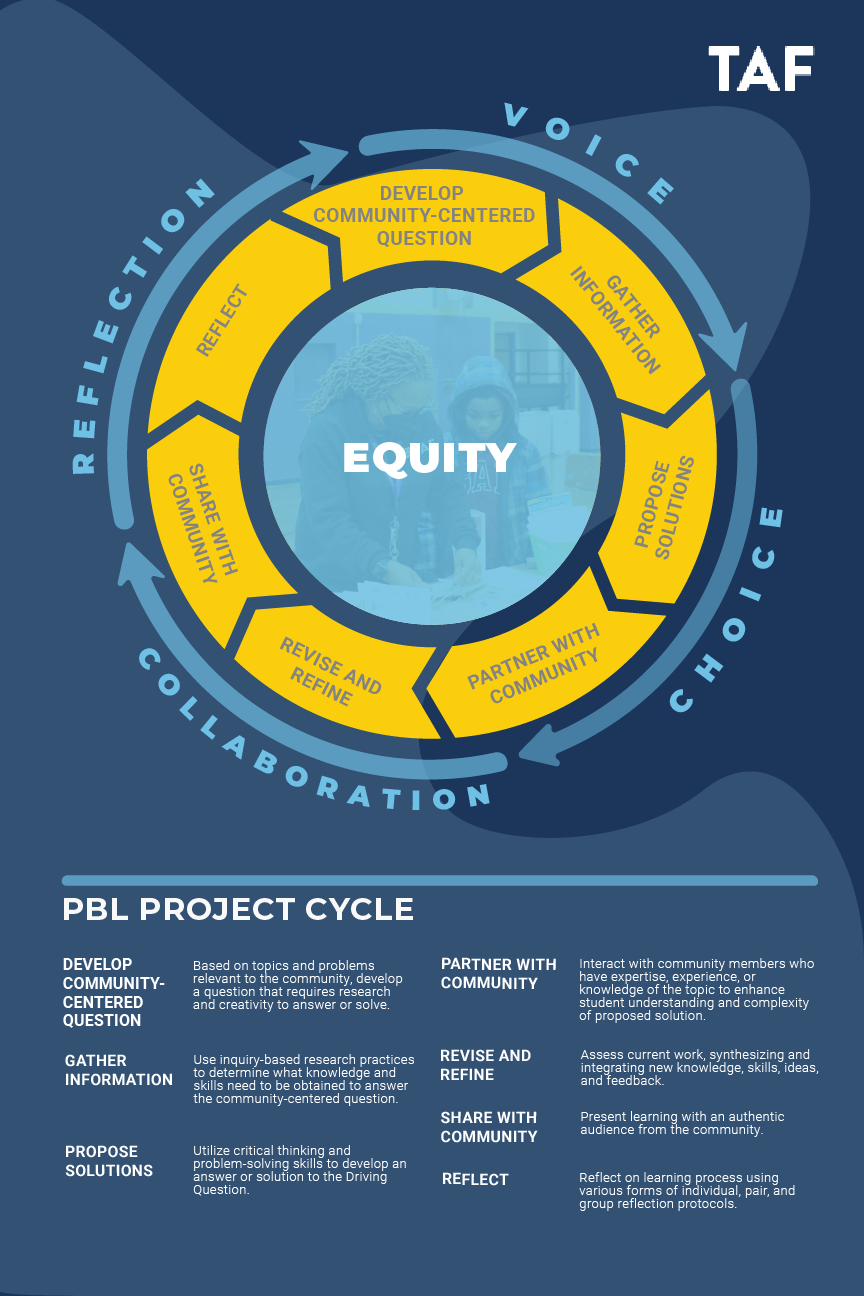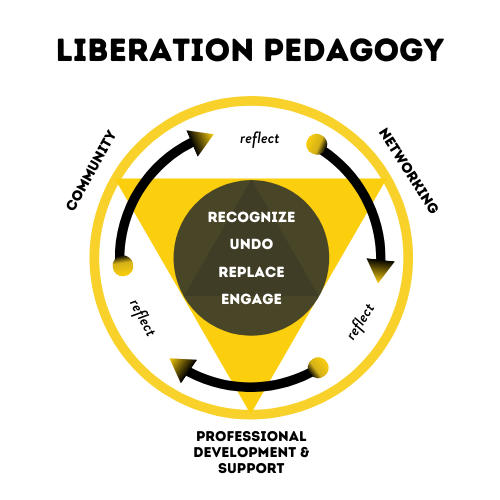Our Approach:
Help Educators Be At Their Best
There Is No Magic Wand!
Building relationships with students and their families is paramount to student success. We recognize that members of the broader community are vital to meaningful learning as they provide resources, mentorship, open career exploration opportunities, and much more for our students. We also know when students feel safe and heard, they will grow into responsible, caring, and contributing members of their school and local community.
There is no magic wand to raise or quick cool curriculum or tech gadget to foist upon schools to get students to achieve. Education is about helping students discover who they are, what they can do, how they learn, and how to be a steward of their community. We view education as a journey, not a destination, and it takes the collective work of schools, communities, and families to support children along their paths.
To that end, we focus on the adaptive work of education transformation – helping educators at all levels be the best they can be and helping schools become better connected to their communities.
We anchor our work in the six key components of transforming schools, developed and tested by our team over a period of five years, in order to help existing schools operate in a way that transforms learning for students and teachers.
Every one of TAF’s programs and services touches on one or more of the key components.
Key Components to School Transformation
1
PHILOSOPHY
Develop a philosophy with a foundational belief that all students have their own genius and add value to the learning community.
The administration and staff, should define the philosophy and how it is demonstrated through day-to-day interactions and program structure.
When visiting the school it is evident that every adult including the front desk, the janitor, and any district personnel who spend time on campus are adhering to the philosophy.
2
CULTURE
Establish a culture of high expectations and support for every member of the learning community. Foster authentic individuality and personal identity.
Every student should be held to the same high standards, then given tools and support to meet them.
Institutionally, create more time for learning and planning.
Ultimately create a place of belonging where everyone feels valued and wants to work at their highest level.
3
PEDAGOGY
Implement teaching methodology designed toward student voice, choice and leadership.
Implement true standards-based instruction where students and teachers know what standards they’re trying to hit and have exemplars to measure against.
Use competency/performance-based assessments based on state standards and relevant to student realities and communities.
Ultimately create systems and structures that support student led learning through discovery and discourse, and implementation of exploratory learning.
4
CONTENT
Curate content that is culturally and communally relevant, and is representative of the diversity of our country.
Educators develop the skills to identify current resources that have been assessed for cultural relevancy, representation and exposure.
Have a system and structure that creates more time for teachers to plan and select content.
Ultimately students see themselves, their cultures and communities in the curricular content, creating more interest in learning.
5
DIVERSE STAFF
Hire staff at all levels, particularly in the classroom, that mirrors the student population and has wherewithal to bring their own lens to the work.
Create inclusive school environments that decenters the culture of whiteness and holds space for experiences that have been traditionally marginalized.
Identifying support systems within the schools to mentor new teachers of color.
Ultimately students of color will feel seen and heard, have role models and culturally connected advocates.
6
COMMUNITY
Develop an expanded community that bridges the gap between school and community, supporting the reciprocity of learning and resources.
Schools must tap into the knowledge and experiences students already bring from their family and community.
Schools must expose students to the valued adults and businesses in their local community.
Ultimately students learn from many adults from various backgrounds and see their whole community as a center for learning.
Project Based Learning as the
Academic Pedagogy
We chose Project Based Learning (PBL) as our academic pedagogy because it is the most equitable method of teaching and learning. It enables students to learn compulsory content (reading, writing, math, science) in multiple ways and understand how it’s applied. Starting in kindergarten, students embark on a true educational journey where they use their voice, collaborate, learn from failure, understand who they are as learners, research, interact with various professionals in their community, help each other be their best, present findings to the community at large and take time to reflect on their experience.
It also enables teachers to discover the multiple talents and competencies of their students, which creates a more comprehensive assessment of student learning.

A Liberatory Lens for Educators
When we focus on educator diversity, it’s much more than just getting educators of color in Washington State public schools. We work to retain them by providing support and connection to other educators and leaders of color so they can create education spaces where students of color – and thereby, all students – thrive.
Using Liberation Pedagogy, we provide person-centered development and support for educators and leaders to activate the intentions, theories, and practices of liberation – identifying and dismantling racist institutionalized structures and practices within the public school system that continues to marginalize students and educators of color.
Over 75% of our schools are led by white leaders. Many of them work hard to recruit educators of color, only to lose them within 3 years due to unwelcoming environments. It is important that those leaders develop liberatory practices in support of educators of color at all levels, students of color, and community members.

Liberation Pedagogy is an approach that will support educators to notice oppression within and around us and replace related actions and behaviors with self-empowered expressions of teaching and leading.
It is an approach to teaching, leading, and facilitating that asks all participants to vulnerably recognize and intentionally unlearn institutionally racist cultural norms. Liberation pedagogy also asks us to replace those norms with more inclusive behaviors that are culturally affirming and sustaining for all. For all is an ideal we must constantly work towards. It is challenging work, particularly when done alone or in isolation. But when we engage in cycles of reflection regarding liberatory pedagogies with others, we create collective stamina and energy for sustainable change in our communities.


